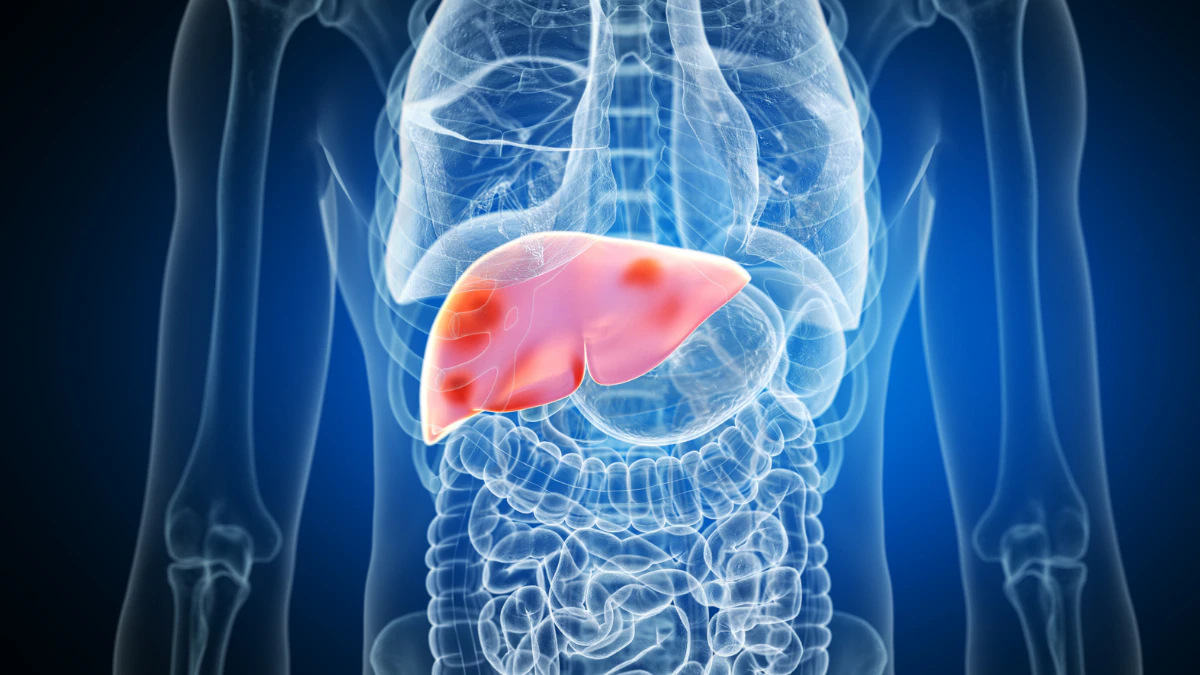The liver is one of the most vital organs in the human body, and a healthy liver is the key to a fit and active life. It’s highly important to avoid alcohol consumption in order to maintain good liver health.
Are you aware that your diet and lifestyle habits significantly affect your liver health? A number of statistics confirm that Non-alcoholic Fatty Liver Disease (NAFLD) is one of the leading causes of liver diseases. According to the National Library of Medicine, NAFLD has a global prevalence of around 25%. Consumption of alcohol undoubtedly damages the liver as it accumulates fat in your liver, which further potentially results in diseases like fatty liver, alcoholic hepatitis, liver cirrhosis, etc.
Let’s get some insight on the factors that one needs to take care of:
Non-alcoholic fatty liver disease (NAFLD): As mentioned, NAFLD refers to the severe accumulation of fat in the liver, which is more commonly associated with obesity, insulin resistance, and metabolic syndrome. It leads to inflammation and liver damage if not treated on time. There are preventable causes that can save us from developing NAFLD:
- Obesity: Excessive weight gain, particularly around the abdomen, also known as Central Obesity increases the risk of developing a fatty liver. Obesity is closely linked to NAFLD. Hence, maintain an ideal weight, avoid cholesterol in your diet, and exercise daily.
- Insulin resistance and diabetes: more diabetic patients face this condition. Insulin resistance is a condition where body cells become less responsive to insulin, and this is often associated with obesity, which further leads to the accumulation of fat in the liver. People with type 2 diabetes are at higher risk of developing a fatty liver. Take your concerned doctors’ help and be extra careful with regard to your diet and lifestyle.
- High levels of Cholesterol: Very few people are aware that there are certain types of fats, and triglycerides is one of them that runs in your blood. Now, elevated levels of triglycerides in the blood can contribute to fatty liver. Excessive consumption of butter, oil, and processed foods increases the level of triglycerides, which start accumulating in your liver. Hence, limit the intake of junk and oily food. Consult a doctor if you have high cholesterol.
- Rapid weight loss: Many people are seen following crash diets these days with the intent to have a healthy body, but this sudden drop in weight can enhance the risk of a number of hazards. Losing weight too quickly, especially through crash diets, can cause fatty liver because of excessive release of fatty acids from fat tissues. Hence, give time to your fitness regime instead of expecting quick results.
- Medications: Certain medications, such as steroids, contraceptive pills, immune system modifying medications and anti-retroviral drugs used to treat HIV, also cause fatty liver. However, their judicial use is sometimes warranted in certain medical illnesses where medication should be under doctor’s supervision. Work on your underlying causes and talk to your concerned specialist in this regard.
- Certain medical conditions: Polycystic Ovary Syndrome (PCOS), hypothyroidism, and Wilson disease (a genetic disorder affecting copper metabolism) are some of the medical conditions that may lead to the accumulation of fat in your liver. Prompt medical attention can help prevent fatty liver.
- Nutritional factors: Poor diet and unhealthy eating habits, especially diets high in saturated fats, refined carbohydrates, and sugary foods, induce greater risk to the liver’s health.
- Genetics: Genetic factors also play an important role in developing NAFLD. Keep an eye on your medical history. If your immediate family members are affected by any genetic condition, be regular with your check-ups and required tests in order to avoid any risk later.
Good liver health requires a comprehensive approach. Take a balanced diet, work on your underlying causes, never avoid any symptoms, and consult your concerned doctors as early as possible.
The author is the Director & Head of Department, HPB Surgery & Liver Transplant at SHALBY Sanar International Hospitals, Gurugram.







